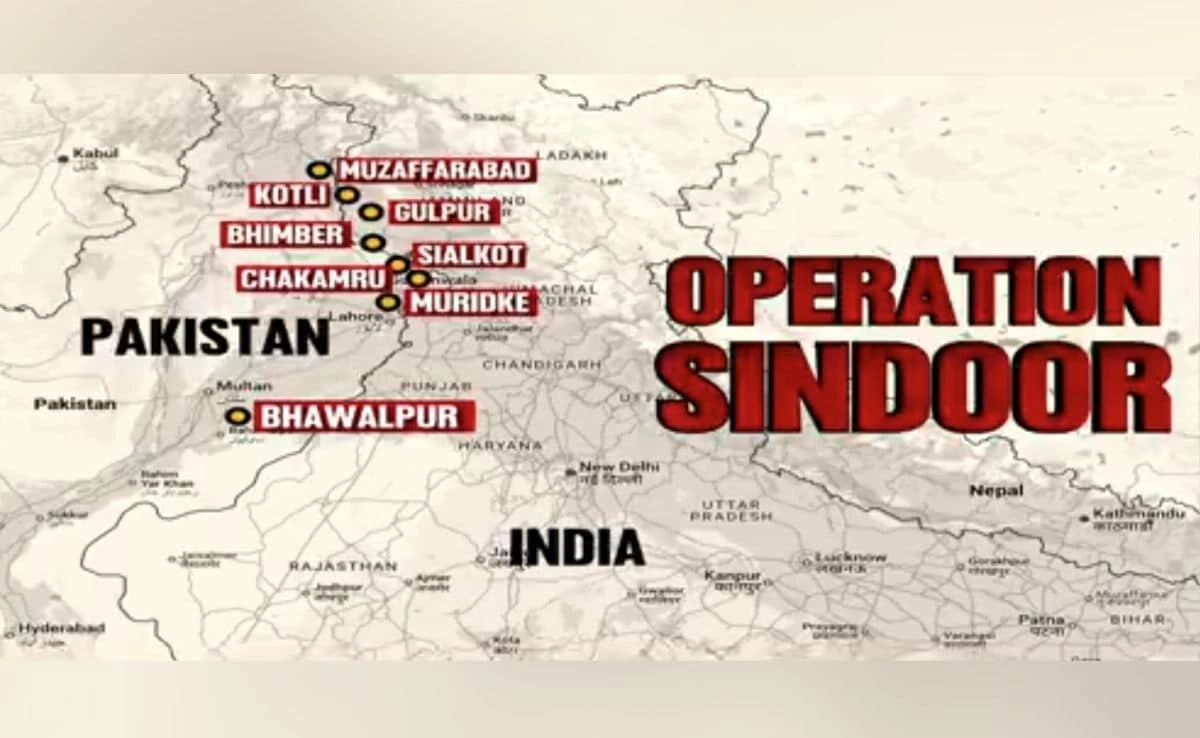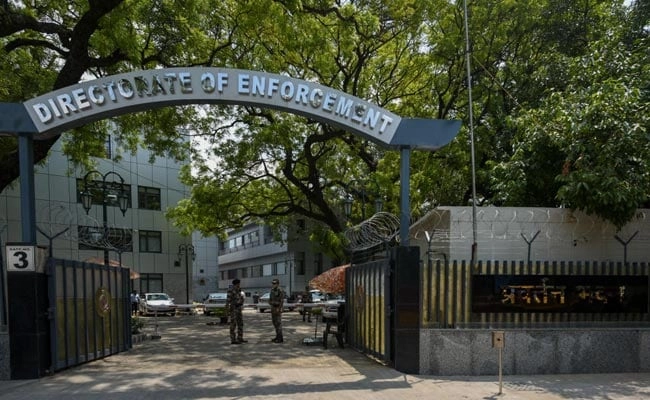Over the past decade, approximately 10,000 Indian nationals imprisoned in foreign countries have been released, highlighting the significant role of diplomatic efforts in securing their freedom. These individuals faced various charges, ranging from minor offenses to serious crimes, in countries across the globe. The Indian government, through its embassies and consulates, has actively engaged in negotiations and legal assistance to ensure the welfare and rights of these citizens. This diplomatic undertaking not only underscores the importance of international relations but also reflects the commitment of the Indian government to protect its citizens abroad.
The release of these individuals has often involved complex legal battles and negotiations with foreign governments. Indian diplomats have worked tirelessly to navigate the legal systems of other countries, often advocating for leniency or alternative sentencing options. In many cases, these efforts included providing legal representation, arranging for consular visits, and liaising with local authorities to address the specific circumstances surrounding each case. The diplomatic channels established by the Indian government have proven crucial in fostering goodwill and cooperation with host nations, which can lead to more favorable outcomes for detained Indian nationals.
Moreover, the process of securing the release of Indians jailed abroad often requires a deep understanding of the cultural and legal contexts of the host countries. Diplomats are tasked with not only advocating for their citizens but also with building relationships that can facilitate future assistance. The growing network of Indian embassies and consulates worldwide has played a vital role in this regard, enabling timely interventions and support in distressing situations. This proactive approach to diplomacy underscores the importance of having a robust global presence to safeguard the interests of Indian citizens, regardless of where they may find themselves.
The impact of these diplomatic efforts extends beyond individual cases, as they contribute to the overall perception of India on the international stage. Successful negotiations and the release of imprisoned citizens can enhance India’s image as a responsible global player that values the rights and well-being of its people. This, in turn, fosters stronger bilateral relations with other countries, which can lead to further cooperation on various issues, including trade, security, and cultural exchange. As India continues to grow as a global power, the lessons learned from these diplomatic engagements will be crucial in shaping its foreign policy strategies and ensuring the protection of its citizens abroad in the years to come.




